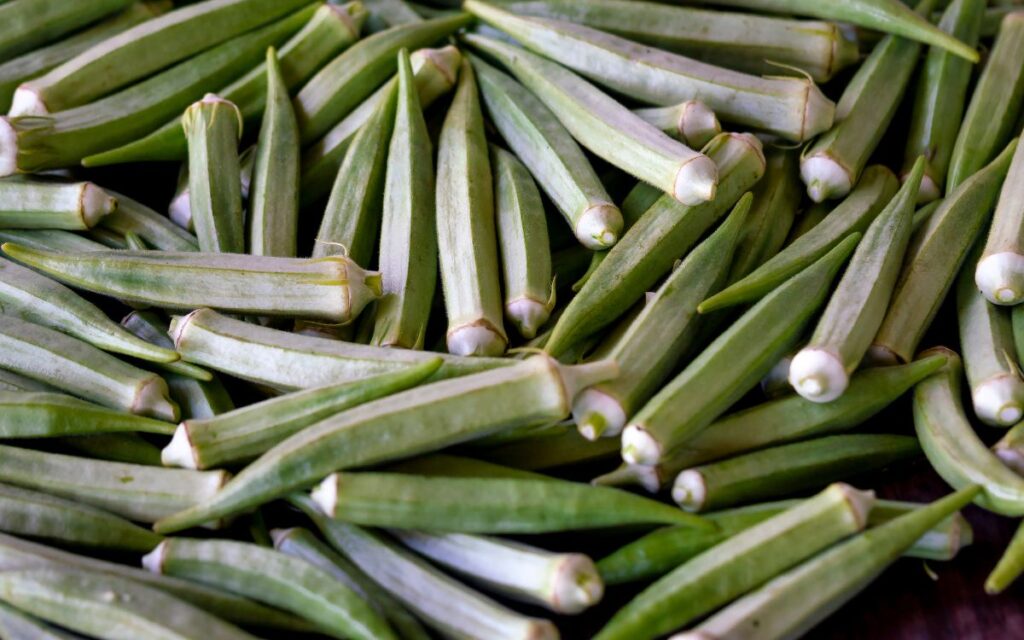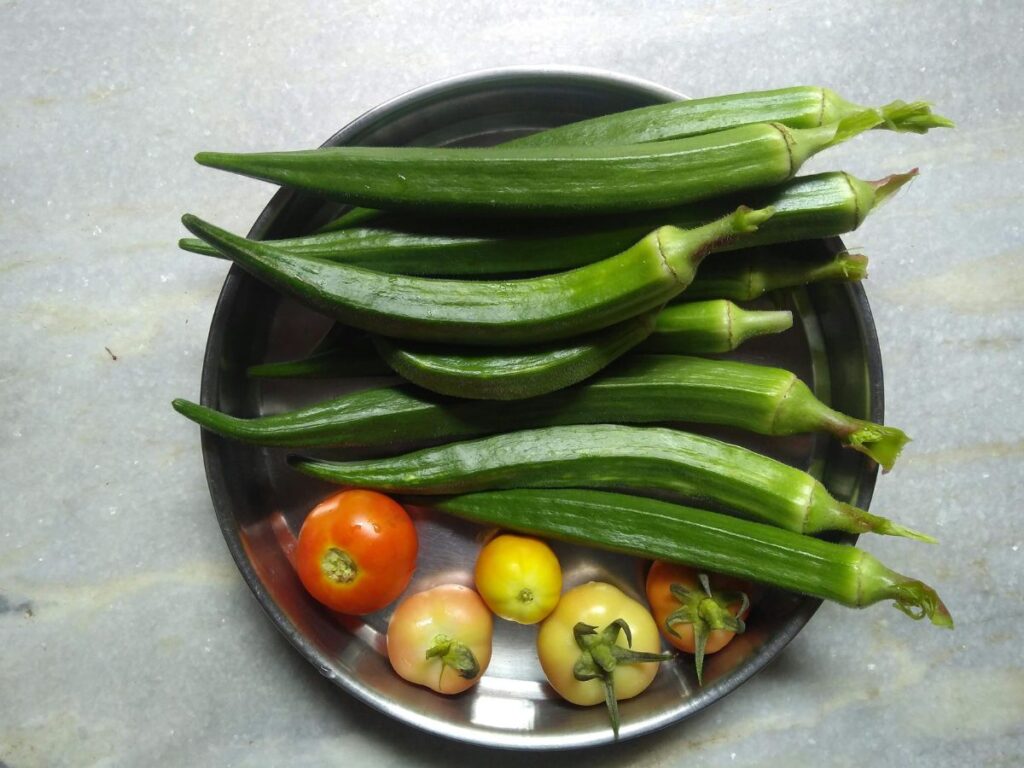These 5 Health Problems Make Ladyfinger a Bad Choice — Know the Risks

These 5 Health Problems Make Ladyfinger a Bad Choice — Know the Risks
Okra, also known as ladyfinger or bhindi in India, is a favorite vegetable for many. Known for its soft texture and unique taste, it is packed with nutrients and offers several health benefits. Vitamins A, C, E, and K; proteins; carbohydrates; fiber; iron; zinc; copper; magnesium; potassium; calcium; unsaturated fatty acids; thiamin; folate; and amino acids are all found in good amounts in okra. Along with these nutrients, it also has antibacterial, anti-ulcer, and even anti-cancer properties, making it a healthy choice for both adults and children.
But like many other green vegetables, eating too much okra can sometimes create health problems. Experts caution that it may cause bloating, gas, stomach cramps, or even diarrhea. Okra is also high in oxalates, which can increase the risk of kidney stones if consumed in excess. Cooking bhindi in too much oil can also raise cholesterol levels. So, while okra is good for health, some people should be careful and avoid it altogether.
Health Conditions Where Okra Should Be Avoided
While okra has many benefits, there are certain health conditions where it can do more harm than good. Here are some situations where you should avoid or limit eating bhindi:
Kidney Stones
Okra contains a high amount of oxalates. According to health experts, oxalates can increase the risk of kidney stones. People who already have kidney stones or any kidney-related disease should avoid okra or eat it only in very small quantities after consulting a doctor.

Arthritis or Gout
Gout patients need to be careful with foods that contain oxalates. The oxalate in okra can worsen swelling and pain in the joints. For those with gout or arthritis, it is better to stay away from ladyfinger to avoid flare-ups.
Gastrointestinal Problems
Okra is high in fiber, which is usually good for digestion. But for people who already have stomach issues like excessive gas, indigestion, or bloating, eating too much bhindi can make the condition worse.
Allergies
Some people may be allergic to ladyfinger. Eating it can lead to allergic reactions such as rashes, itching, or skin irritation. Anyone who experiences these symptoms should stop consuming it immediately.
High Blood Pressure
Okra contains a good amount of potassium, which is normally healthy. But for people with hypertension (high blood pressure), excess potassium can sometimes be harmful, as it may raise blood pressure levels further. Such patients should limit their intake or avoid okra.
Ladyfinger is indeed a powerhouse of nutrients and offers many health benefits. But for people with specific health conditions, such as kidney stones, arthritis, digestive problems, allergies, or high blood pressure, eating bhindi can cause more harm than good. Even healthy individuals should avoid cooking it in too much oil and eat it in moderation to avoid bloating or acidity.
Disclaimer: This article is based on information from reputable health resources available online and is intended for general awareness. It is not a substitute for professional medical advice. Always consult your doctor or a qualified healthcare provider before making any changes to your diet or treatment plan.












